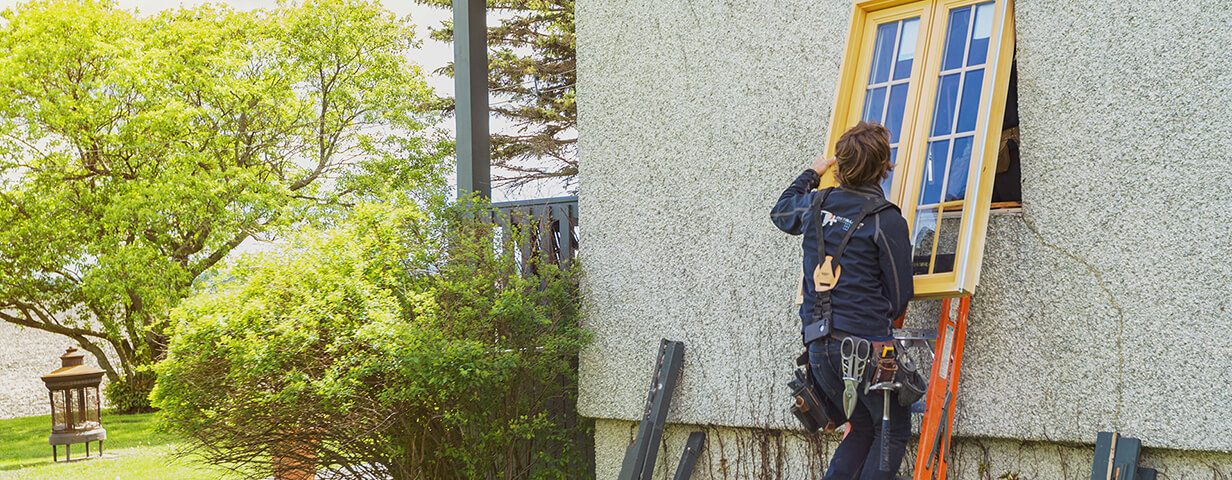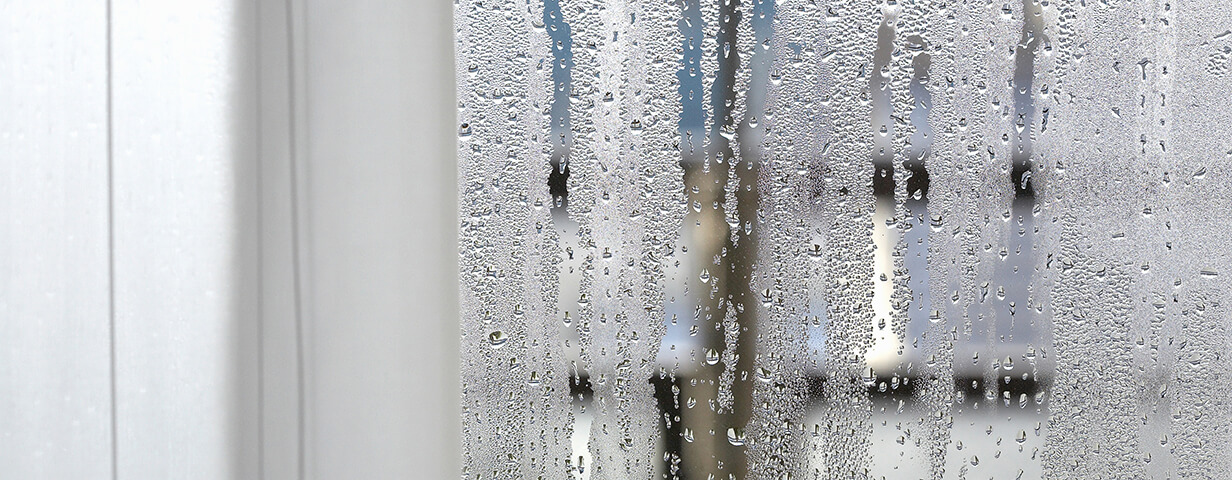Tolerance for sound (what we hear) or noise (unwanted sound) varies depending on the listener and the circumstances. Someone living in a metropolitan area may be more forgiving of road noise like engines, horns and emergency sirens, while others may view such sounds as a major disturbance.
Controlling nuisance noise: Identifying the source
Although it’s not always possible to control certain noises, you can decrease the impact of some noises inside your home and, in so doing, improve your quality of life. One thing to keep in mind is that sound waves can find their way into your house a number of different ways or come from various sources. What’s important is to determine the source of the sounds you find annoying so that you can come up with a solution. Consider checking:
- walls
- ceilings
- floors
- doors and windows
- stairs
- plumbing
- ventilation
Renovations provide a great opportunity to take steps to mitigate noise by, for example, caulking noise leaks or installing drywall. Many materials have “noise reduction” versions nowadays. They include paint (yup!), acoustic panels, carpeting and insulation. By offering sound-blocking glass, the door and window industry has kept up with this emerging trend specific to the urban environment while also responding to a client need. The main purpose of sound-blocking glass is to keep outside noise from coming in.
Sound-blocking glass: Resolving noise issues
When shopping for new windows or replacing insulated glass units (IGUs), you may be offered various types of specialized glass, from tempered to sound-blocking to energy-efficient. The thickness of the glass varies, as does the glazing, whether double or triple. If your living environment is noisy, the acoustic properties of the glass may help to create the cozy, peaceful setting you crave.
Remember that sound is a wave that travels through the air. The only way to reduce its intensity is to force it to go through an additional layer of glass of a different thickness from the first layer. In other words, a window must have glass panels of at least two different thicknesses in order to disrupt the sound wave.
Calculating sound-blocking properties: It’s mathematical
The scale used to measure and compare sound values is the sound transmission class (STC) according to the ASTM E413 standard. STC is expressed as a single number; the higher the number, the less sound transmitted. For example, normal speech that can be understood clearly has an STC of 25, while loud speech that is barely audible has an STC of 48. A standard window can have an STC as high as 28 to 29 depending on its opening mechanism. By combining high-performance glass panels with the best value, an STC of 35 to 36 can easily be achieved. Attaining an even higher STC generally costs considerably more and becomes less cost-effective.
Depending on the sound level in your environment, the manufacturer—such as Vaillancourt Doors and Windows—may recommend combinations of glass panels to help you get the sound-blocking performance you need. A variation of 5 points is considered very significant, while a variation of 1 to 2 points is not very noticeable.
At Vaillancourt Doors and Windows, we offer regular, tempered and laminated glass in various thicknesses. One popular solution is to use an insulated glass unit made up of two regular glass panels of different thicknesses. For even better performance, consider going with the same solution but using laminated glass.
Sound-blocking glass: Because your health matters
Sound pollution is an issue to be taken seriously. According to an Institut national de santé publique du Québec (INSPQ) report, noise is a public health issue that can have both physical (e.g. sleep deprivation, cardiovascular disease) and psychosocial (e.g. disorders, learning difficulties) consequences. Even temporary environmental noise can adversely affect your health.
You can also opt to use the services of an acoustics expert, an engineer specializing in the science of sound and vibration and the impact of noise and motion on health ecology. This person can assist in identifying the issue that is disrupting your comfort and help you identify appropriate solutions.
Sound-blocking glass is not routinely offered when clients visit a showroom. However, a skilled representative will identify your needs in this regard and mention this option while speaking with you as part of the purchasing process. If this doesn’t happen, feel free to raise the issue with them.







